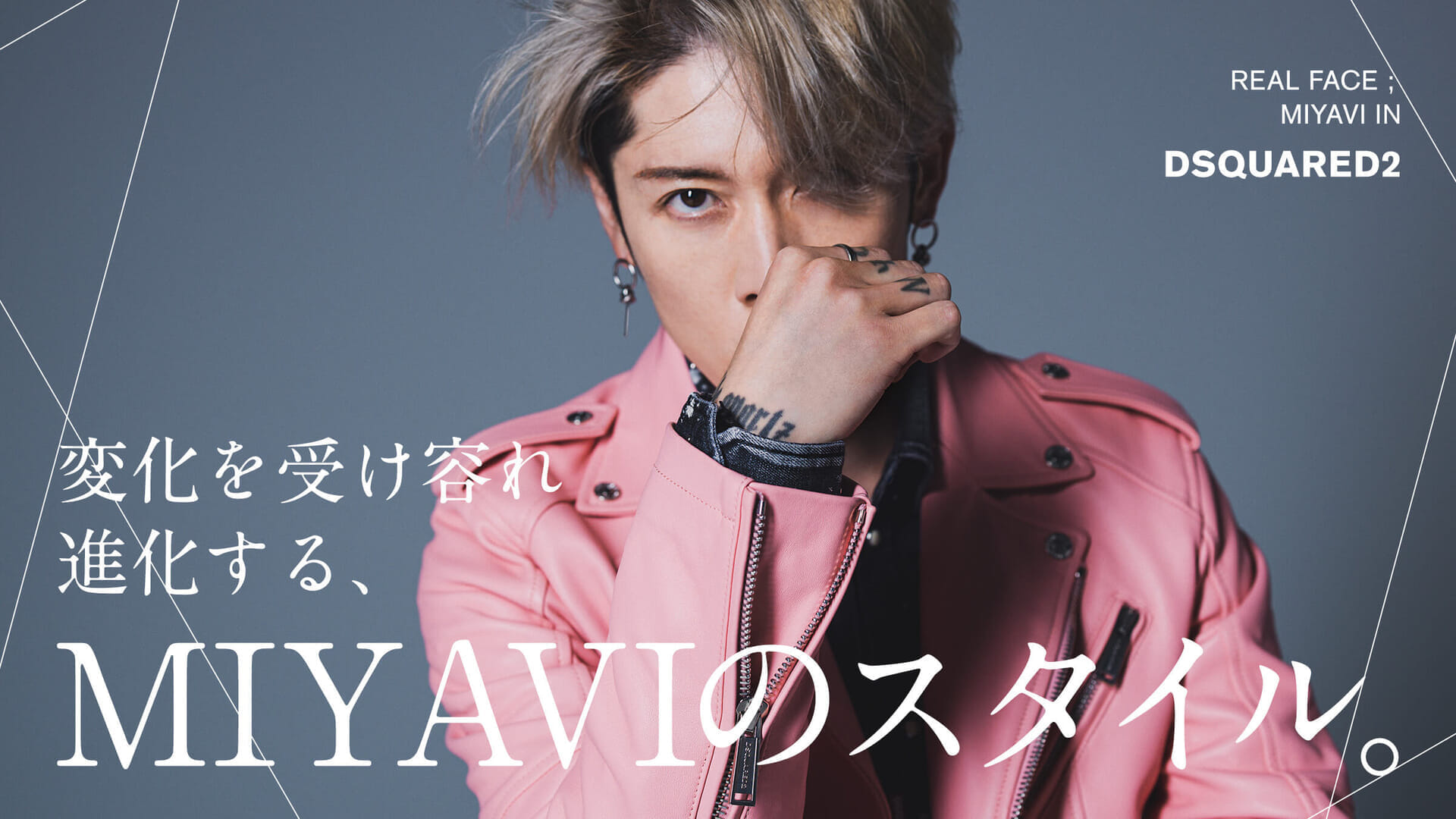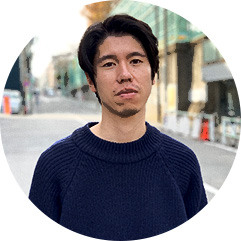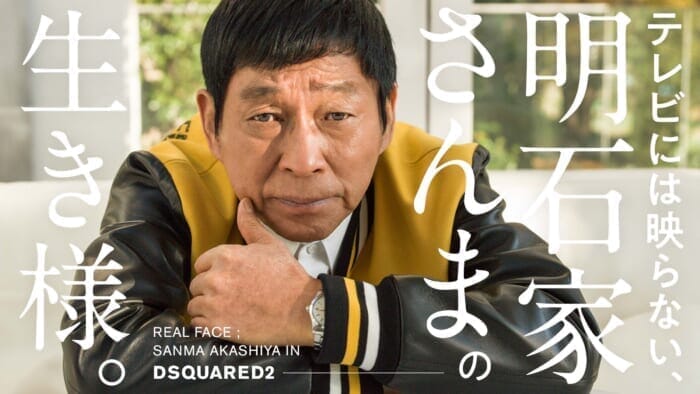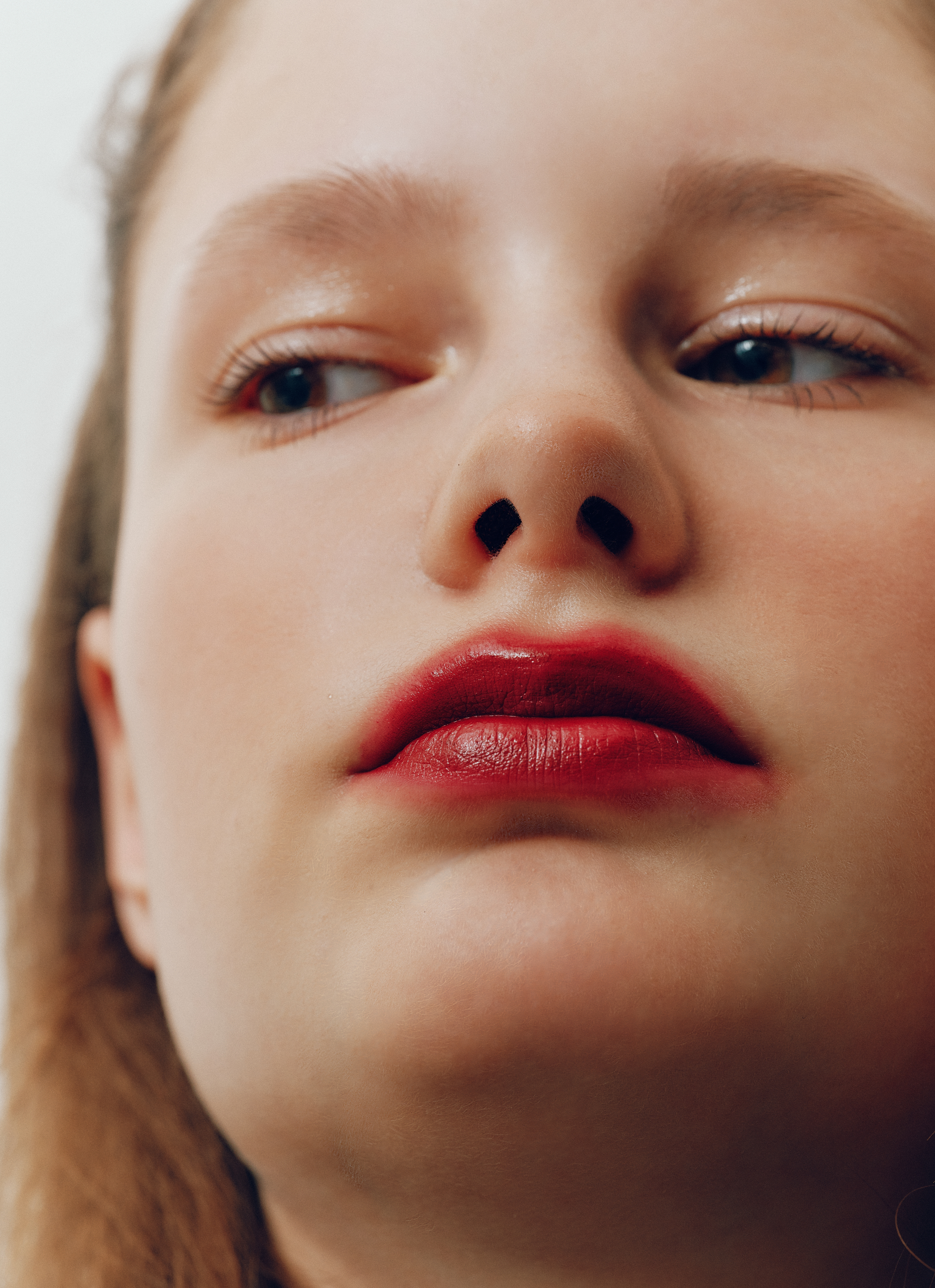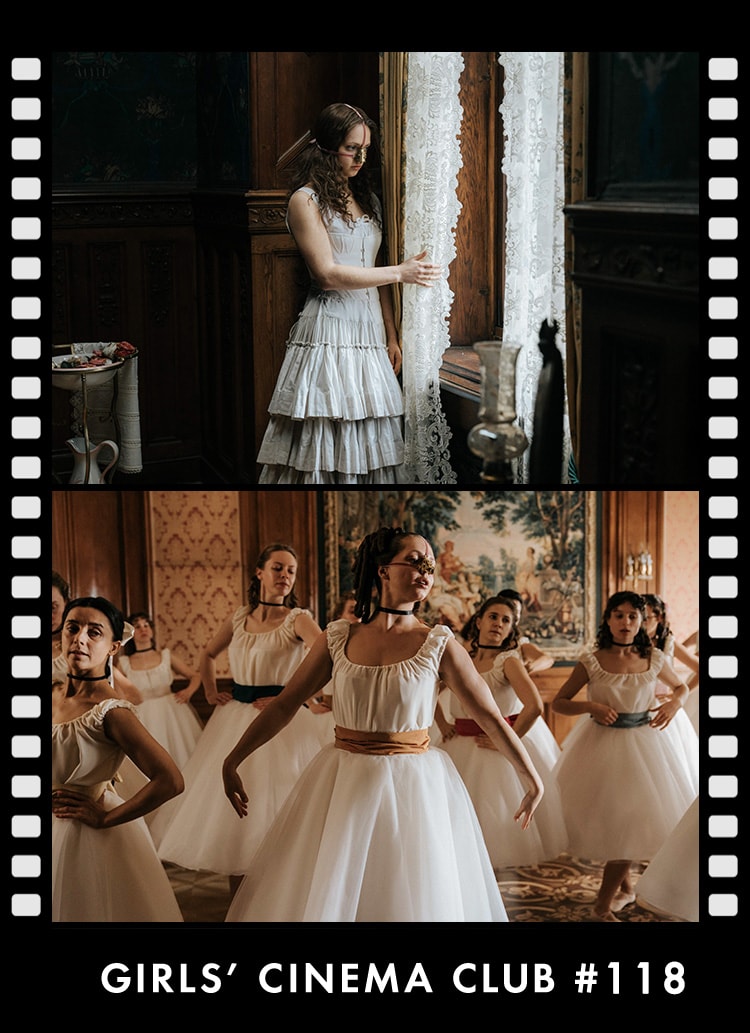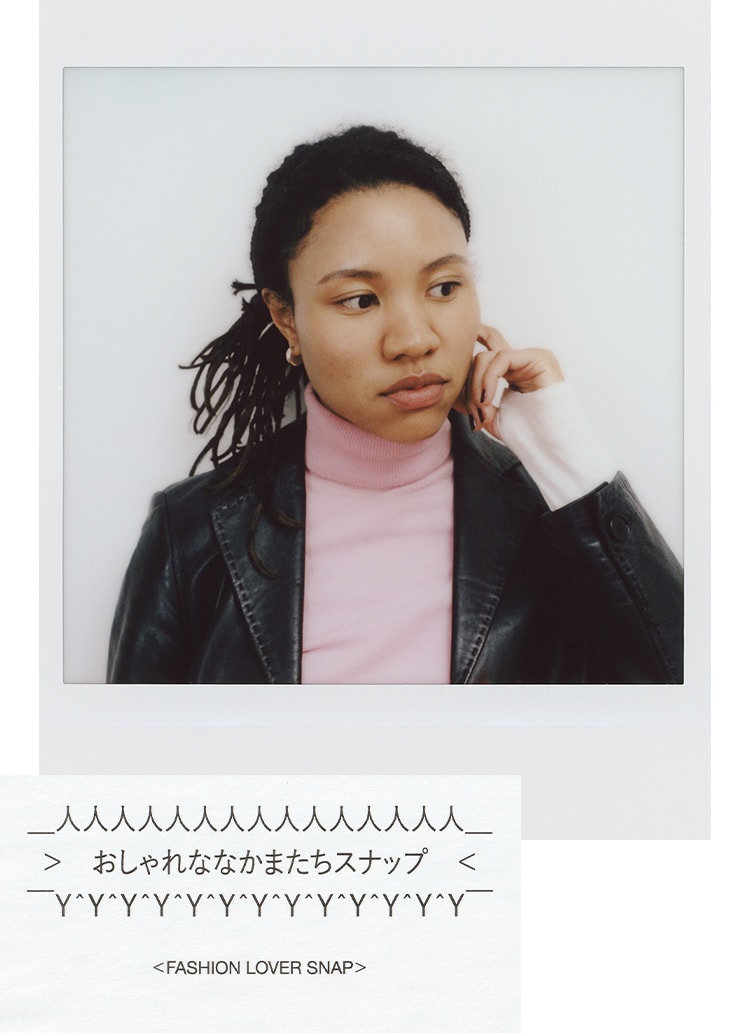The beauty of what is not perfect has become precious.
This year marks the 20th anniversary of your music career. Looking back, was it a long time? Or did it go by quickly?
MIYAVI:It all happened so fast. Many things have happened . But I really don't think I'm ready yet.
Do you feel like you are reaching a milestone?
MIYAVI:. I feel it. . and I think about how it should be in the future. But every year I think about various things, and I wonder if I can make the most of them in the next year. . I think life is an accumulation of these things. I am very grateful to the people who have been involved in my life, and I would like to repay them little by little.
You have been actively releasing music, touring around the world, acting, and working as a UNHCR Goodwill Ambassador. I get the impression that you are constantly moving, but is this a conscious effort?
MIYAVI:I don't know . But I guess it's in my nature to be flabbergasted . I don't want to stop, don't you?

I think you were questioned about many things as an artist after the pandemic occurred, but did you gain anything from the situation?
MIYAVI:It made me think about the essential nature of entertainment and the importance of a sense of temperature in human communication. The sense of distance is very important in what we artists do. But all of that was reset at once. I think all the top artists in the world were perplexed, and in fact, I was perplexed as well. How should we be, how can we be?
Physical goodness, or rather, in a society that is becoming more and more digitalized, we were really questioned about the essence of human nature and what makes us human, right?
We have been doing virtual live performances in various ways, and of course, we have gained some things and lost some things. In the midst of all this, the "beauty of imperfection" is becoming more precious to me.
What do you mean by "the beauty of imperfection"?
MIYAVI:As long as we are human beings, we are attracted to things that are not perfect. A.I. can make perfect things. It will become easier and easier to do so in the future. But it is the imperfection that gives us more value as human beings. In other words, it is in our imperfections that we find our raison d'etre, our reason for being. This is something that I have strongly felt as we have performed many virtual live shows. For example, if we make a mistake in a lyric or some other mistake, the audience will remember it, and it will become a memory or the value of that moment for that person. This kind of shift in values is beginning to occur at a rapid pace, and I think it has been accelerated by Corona.

Do you think the physical is more important than the digital?
MIYAVI:Right now, it's definitely still both, for sure. For example, there are far fewer teenagers who think that analog records are absolutely great. The quality of the analog sound can only be possessed by those who have listened to music on vinyl records, and I think there is no small amount of experience in "listening in that era". The value of "good sound" itself may change 10 years from now. Even today, the majority of people do not care whether they listen to music on data or vinyl. This applies not only to music but also to human communication. We have always met people face to face, and we know how good and wonderful that is. However, 10 or 20 years from now, people may stop meeting face-to-face. . This could happen if the advantages of not seeing each other exceed the advantages of seeing each other. . We are now in a transitional period of such values, aren't we?
. However, as a UNHCR Goodwill Ambassador, MIYAVI-san, you place great importance on actually going to the actual places you visit. I believe that you embody the importance of seeing and touching things in person, but do you ever waver in your values?
MIYAVI:Of course, online is no match for the amount of information that can be obtained firsthand by going to the site. But we don't know what the future holds. That may or may not change. For example, online meetings are actually easy to conduct, documents can be shared right on the screen, and travel time can be shortened. Moreover, I can do research on the spot, and to be honest, it is very efficient. Compared to before Corona, I have more international contacts now.
But when it comes to refugee assistance, for example, the lives of people who have fled from environments where they were on the brink of life or death, and the cruelty and urgency of their lives, you can't really feel that remotely, and you can't really understand it. . There is so much to know and encounter by actually visiting there, including the temperature and the tension.
What we value as human beings and the essence of what we do will not change, but I think the superficial things will change rapidly in the future. So I am sure that the two sides of the coin will become polarized.

. When I listen to you, I think that MIYAVI is very flexible to change.
MIYAVI:. yes, I know, I know, I know. I want to be "StreetSmart," not "BookSmart. I believe that this is one of the areas lacking in Japanese education. . Whether or not you can respond flexibly to the situation in which you find yourself.
Japanese people have a sense of virtue in staying the same, don't they?
MIYAVI:I think that's a good thing and a very wonderful thing. But the world is changing day by day. It may sound contradictory, but I wonder how we can change in order to stay the same in the midst of it all.
Do your musical activities and your work as a UNHCR Goodwill Ambassador resonate with each other?
MIYAVI:. Of course there is. When I visited a refugee camp for the first time, I was honestly very scared because the place I was visiting was in the midst of a terrorist attack. On the other side of the mountain where the children were living was an area where conflict was actually taking place. But the moment I played my guitar in front of the children, I felt their energy for life explode. I felt like, "Ah, there is something music can do," and I was convinced that I could put a message on music and deliver it beyond the language barrier.
. That's what you were saying earlier about how well you can combine the catchiness and the message.
MIYAVI:After all, there are many people who will not listen to a speech alone. . However, they might listen if I put music on top of my speech. As an ambassador of goodwill, my mission in supporting refugees is to bring out the bright side, the strong side, the brightness and dignity of refugees as human beings just like us. Refugee issues have a heavy and dark image. But there is more to it than that. They are human beings just like us, and each of them is facing adversity in their lives. There are many things that not only music, but also movies, fashion, and culture can do to help them.
. Please tell us what you would like to do in the future.
MIYAVI:. We have only to be diligent. I will only continue to improve the quality of what I am doing, one by one, and continue this steady work. Especially now that I am doing various things at the same time, such as music, acting, fashion, and humanitarian aid activities, I will continue to work on one thing at a time with all my might and improve my skills. I am very blessed to be able to learn, and I think it is a privilege given to human beings. I would like to continue learning without changing.

MIYAVI uses a Fender "Telecaster" guitar. He says, "It's not a Telecaster, but it's a bad Telecaster. However, Fender recognized this, and a model named the "Miyavi Telecaster®" was introduced. The great guitarists of the past have also destroyed existing values and created something new. Of course, they did so out of respect for what had already existed, and that's the same for me.


